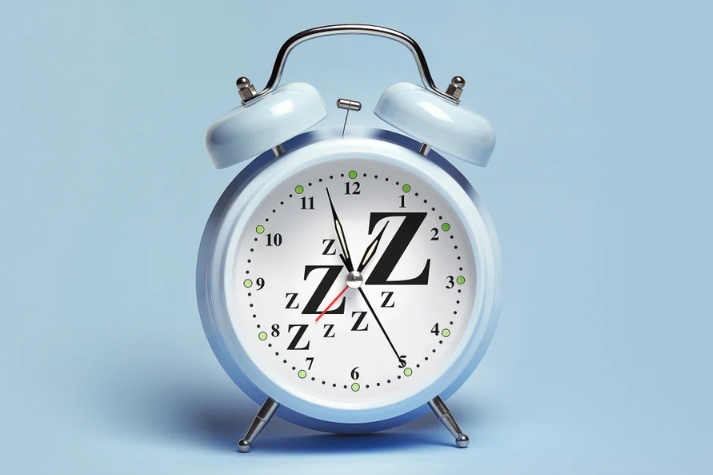
Most of us have done it. The alarm rings, we groan, and our hand automatically reaches for the snooze button. It feels harmless. Sometimes it even feels necessary. Yet many people wonder whether snoozing is actually good or bad for our health.
The answer is more nuanced than you might expect. Snoozing can affect your body in both positive and negative ways, depending on how and why you use it.
Before judging the habit, it helps to understand it. People tend to hit snooze because of:
Persistent tiredness
Late-night screen use
Irregular sleep schedules
High stress
Poor sleep quality
Heavy sleep inertia (the groggy feeling right after waking)
The snooze button often becomes a brief escape from morning discomfort.
When you fall back asleep and the alarm rings again minutes later, your brain gets jolted out of early-stage sleep. This repeated cycle interrupts your normal sleep architecture and can worsen grogginess.
You might believe snoozing gives you extra rest, but those small fragments of sleep rarely provide real refreshment. Instead, they prolong the foggy, heavy feeling that follows an abrupt wake-up.
Each alarm is a micro-stressor. For some people, multiple alarms send stress hormones—like cortisol—spiking in the first hour of the day, affecting mood and focus.
Chronic dependence on snooze often points to poor sleep quality, insufficient sleep hours, or an irregular circadian rhythm.
Researchers have found that snoozing is not entirely harmful for everyone. In fact, under certain conditions it can support your morning transition.
A short snooze can give your brain time to move slowly from deep sleep into lighter sleep stages. For some people, this reduces the shock of abruptly getting up.
One study shows that controlled snoozing for 10–20 minutes may increase alertness without reducing sleep quality, especially for heavy sleepers.
For those who must wake up earlier than their natural rhythm prefers, a single short snooze can make mornings feel less abrupt.
The honest conclusion: it depends on the timing, duration, and your overall sleep health.
You rely on it every day
You use multiple short snoozes
You feel more tired afterward
You are not getting enough total sleep
You snooze only once
You keep it under 10–20 minutes
You are already near the end of a sleep cycle
It helps you wake up gently instead of abruptly
If snoozing is a daily struggle, consider tools that support smoother waking:
Sunrise alarm clocks that gradually brighten the room
White noise machines to improve sleep quality
Consistent sleep schedules
Dimming phone usage at night
Alarm clocks placed farther from the bed
These small changes reduce reliance on repeated snoozing.
Snoozing is not always the villain it is made out to be. In moderation, and used intelligently, it can ease the transition from sleep to wakefulness. The problem begins when snoozing becomes a daily crutch that masks deeper sleep issues.
The best approach is to understand your own sleep patterns and choose tools—like reliable alarm clocks or sunrise lights—that help you wake up in harmony with your natural rhythm.